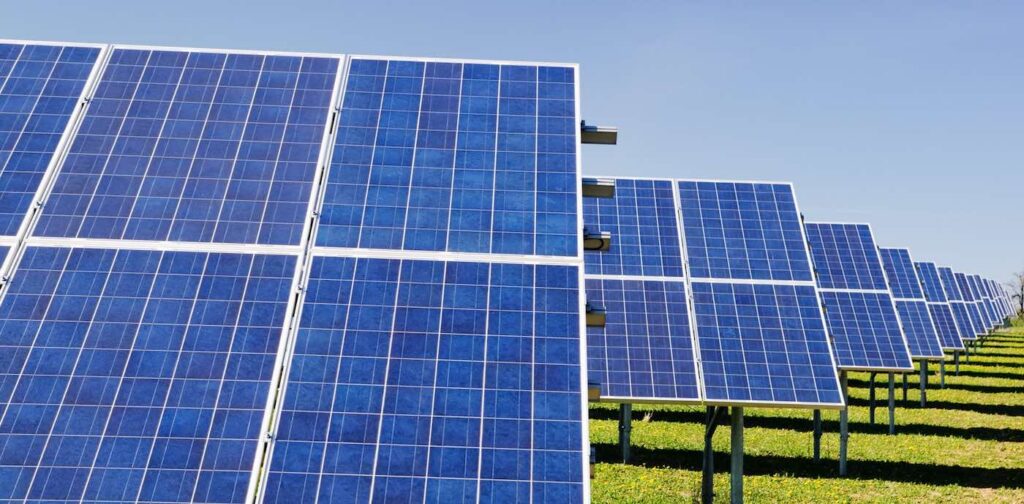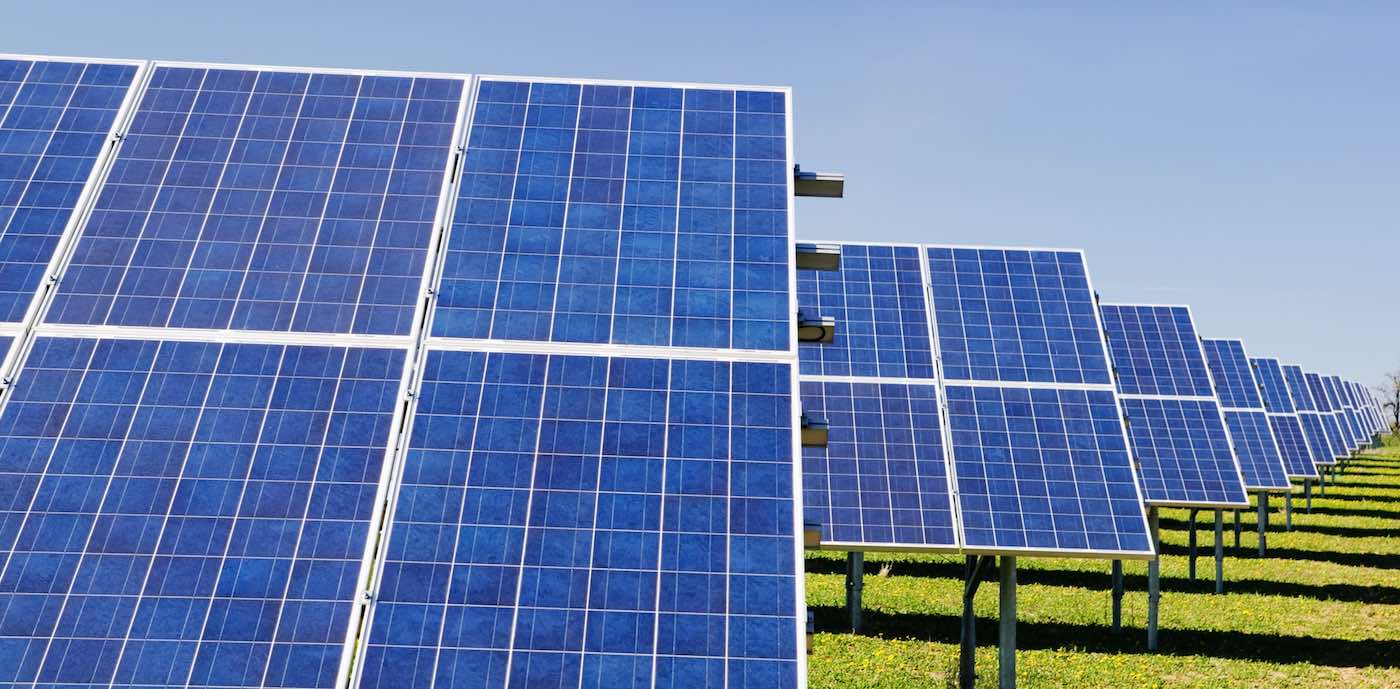One of the global leaders in PV solar panel production and installation is also working hard to tackle the future of solar panel recycling, a reality that is already becoming apparent as the first generation of panels reach the end of their life cycle, and that will become all the more important in the 2020s and 2030s.

Solar panel use is growing exponentially worldwide, and by 2030 they could account for as much as eight million metric tons of humanity’s e-waste, which would be the equivalent of 16%.
First solar, America’s largest solar manufacturer and an industry leader in PV solar power who maintain stations all over the world, from Australia to Namibia, is leading the way towards a sustainable revolution in solar panel recycling.
Several nations, including Korea, Japan, and others within the European Union, already have established legal frameworks for recycling.
The EU requires 65-70% of any PV solar panel materials to be recycled, as especially within the semiconductor, there are valuable but toxic minerals like cadmium and lead, as well as others like selenium and silver, that can be used to manufacture new panel components.
RELATED: How Transparent Solar Panels and ‘Quantum Dots’ Could Make Skyscrapers Power Themselves
In 2005 First Solar established the first all-voluntary, state-of-the-art, globally applicable recycling program for its solar stations, and has proactively been investing in recycling technology improvements and driving down recycling costs ever since.
Since 2005, they have completely updated their recycling infrastructure on two separate occasions, and the latest machines can shift 150 metric tons of panel material in a day—a necessity if 70,000 panels are being installed every day.
Ahead of the curve
First Solar estimate in their sustainability and recycling report that the value of recyclable PV solar panel components will exceed $450 million in the major solar markets of Germany, Japan, India, China, and the U.S.
“Our aim for solar is to help our customers decouple their economic growth from negative environmental impacts,” Andreas Wade, global sustainability director for First solar and co-author of their sustainability report, told Fast Company. “So it is kind of a mandatory point for us to address the renewable-energy-circular-economy nexus today and not 20 years from now.”
While current EU regulations put a requirement of around 65-70% for recycling, First Solar reclaim 90% of glass, and more than 90% of semiconductor materials, preventing the toxins therein from contaminating any given environment, and even reducing production costs.
According to Wade, the materials can recreate new panels for 1,200 years before they finally become too unstable to use again.
“By 2018, First Solar recycling plants will have zero liquid waste discharge and will convert most of the incoming PV waste streams into valuable raw materials for other industries,” reads the report.
CHECK OUT: This New German Car is Covered With Solar Panels and Charges As It Drives
General Motors relied on First Solar to build a 180-megawatt solar project for them in Arkansas, praising First Solar as a “pioneer in PV module circularity” meaning panel recycling. The deal marks a major milestone for GM: the surpassing of one gigawatt in renewable energy use, which equates to about 110 million LEDs.
MORE: New Developments in Clean Energy and Carbon Capture Are Making Real Progress in Climate Crisis
SPREAD The Light And Share This Story on Social Media…




















